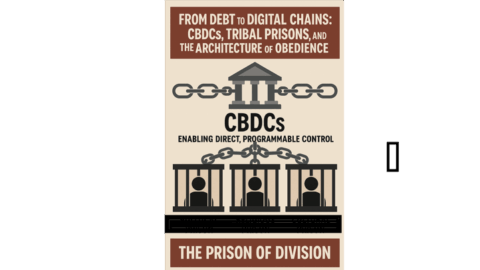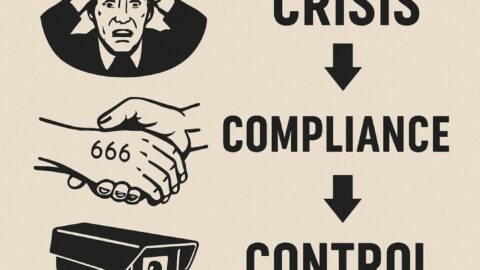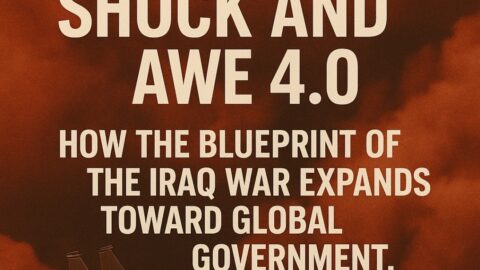The concept of “liberalism” has evolved significantly from ancient times to the modern era, shifting in response to changes in society, politics, and philosophy. While liberal ideas can trace some of their roots to ancient political thought, modern liberalism represents a distinct development that reflects Enlightenment ideals and more recent political trends.
Ancient Foundations of Liberal Thought
In ancient times, there was no organized ideology of “liberalism” as we understand it today. However, some philosophical ideas that later influenced liberalism were present:
- Ancient Greece and Democracy:
- Ancient Greece, particularly Athens, developed early forms of democracy, where citizens had the right to participate in decision-making. Philosophers like Socrates, Plato, and Aristotle debated concepts of justice, rights, and governance, laying a foundation for later liberal ideas. However, their views were limited to a small group of male citizens, excluding women, slaves, and foreigners.
- Aristotle, for example, promoted the idea of a polity where governance was based on the rule of law, but he did not advocate for individual rights or freedoms in the way modern liberals do.
- Roman Republic and the Rule of Law:
- The Roman Republic introduced the notion of a government constrained by laws and checks and balances, key principles that later influenced liberal thought. Figures like Cicero emphasized natural law and the idea that laws should serve justice and reason. The Roman legal system, with its emphasis on legal protections for citizens (though not universal rights), contributed to the development of the rule of law, an essential part of liberalism.
While ancient political thought influenced later liberal ideas, the ancient world often upheld hierarchical and exclusionary systems that are far from the inclusive, egalitarian ideals of modern liberalism.
Early Modern Liberalism (17th-19th Century)
The Enlightenment of the 17th and 18th centuries marked the formal beginning of modern liberalism, as thinkers began to articulate the importance of individual rights, representative government, and personal liberty.
- John Locke (1632-1704):
- Often regarded as the father of classical liberalism, Locke argued that individuals possess natural rights to life, liberty, and property. He proposed that governments should be based on the consent of the governed and that individuals should have the right to overthrow tyrannical governments.
- Locke’s ideas influenced the development of constitutional democracy and the American and French revolutions. His liberalism was focused on the protection of property rights and limiting government interference in personal freedoms.
- Enlightenment Thinkers:
- Other thinkers like Montesquieu, Voltaire, and Jean-Jacques Rousseau also contributed to liberal ideas, advocating for freedom of speech, religious tolerance, and the separation of powers. Rousseau, however, introduced more collectivist elements by arguing that the “general will” of the people should guide political decisions, blending individual freedom with collective sovereignty.
- The French and American Revolutions:
- These revolutions were influenced by liberal ideals, seeking to replace absolute monarchies with governments based on the rights of individuals. The Declaration of Independence (1776) and the French Declaration of the Rights of Man and Citizen (1789) reflected these liberal principles by advocating for equality before the law, individual freedoms, and democratic governance.
Classical Liberalism (19th Century)
In the 19th century, liberalism matured into a more defined political ideology, focusing on individual liberty, free markets, and limited government intervention.
- Economic Liberalism and Free Markets:
- Thinkers like Adam Smith promoted the idea of free markets, arguing that economic freedom and competition lead to prosperity. Classical liberals advocated for minimal government interference in the economy, believing that individuals should be free to pursue their own interests, which would ultimately benefit society.
- The Industrial Revolution brought new challenges, however, as unchecked capitalism led to exploitation and inequality. Some classical liberals, like John Stuart Mill, began to recognize the need for some government intervention to protect individuals and promote justice.
- Political Liberalism:
- Political liberalism in the 19th century emphasized civil liberties such as freedom of speech, press, and assembly. Liberals advocated for expanded suffrage (though still limited to men in many cases), the protection of individual rights, and representative government.
- Mill’s On Liberty (1859) is a key work in liberal philosophy, arguing that individuals should be free to act as they wish, as long as they do not harm others. He also introduced the concept of utilitarianism, suggesting that policies should aim to promote the greatest happiness for the greatest number.
Modern Liberalism (20th-21st Century)
In the 20th century, liberalism evolved further, particularly in response to the social and economic upheavals of the Great Depression, World War II, and the rise of communism and fascism. This period saw the rise of modern liberalism, which advocates for a more active role for government in ensuring social justice and economic security, contrasting with the laissez-faire approach of classical liberalism.
- The Welfare State:
- Keynesian Economics and the New Deal in the United States are examples of how modern liberals began to advocate for government intervention in the economy. The goal was to create a safety net for the most vulnerable members of society through programs like Social Security, unemployment insurance, and healthcare.
- The idea of positive liberty, where the government ensures that individuals have the opportunity to achieve their potential (through education, healthcare, and social programs), became central to modern liberalism.
- Civil Rights and Social Justice:
- In the 20th century, modern liberalism expanded to include the civil rights movement, advocating for racial and gender equality, as well as LGBTQ rights. The notion that the government should actively protect the rights of marginalized groups became a key tenet of modern liberal thought.
- Liberals began to argue for anti-discrimination laws, affirmative action, and broader social reforms to achieve equality.
- Globalization and Liberal Internationalism:
- In the modern era, liberalism also includes ideas of international cooperation and human rights. Many liberals support institutions like the United Nations and advocate for global efforts to protect democracy, human rights, and economic development.
- Current Debates:
- Today, liberalism continues to evolve, with ongoing debates around issues like income inequality, climate change, and immigration. Progressive liberals push for stronger government interventions to address systemic inequalities and environmental crises, while more moderate liberals may advocate for a balance between free markets and social safety nets.
The evolution of liberalism from ancient times to the modern era reflects a shift from early ideas about governance and justice in ancient Greece and Rome to a more formalized political ideology focused on individual rights, democracy, and economic freedom in the Enlightenment and 19th century. Modern liberalism, influenced by the challenges of the 20th century, has expanded to include social justice, civil rights, and government intervention in the economy, marking a significant change from the laissez-faire emphasis of classical liberalism.








One Response
My go to reference is the 1828 Webster’s Dictionary:
LIBERAL
1. Of a free heart; free to give or bestow; not close or contracted; munificent; bountiful; generous giving largely; as a liberal donor; the liberal founders of a college or hospital. It expresses less than profuse or extravagant.
2. Generous; ample; large; as a liberal donation; a liberal allowance.
3. Not selfish, narrow or contracted; catholic; enlarged; embracing other interests than one’s own; as liberal sentiments or views; a liberal mind; liberal policy.
4. General; extensive; embracing literature and the sciences generally’ as a liberal education. This phrase is often but not necessarily synonymous with collegial; as a collegial education.
5. Free; open; candid; as a liberal communication of thoughts.
6. Large; profuse; as a liberal discharge of matter by secretions or excretions.
7. Free; not literal or strict; as a liberal construction of law.
8. Not mean; not low in birth or mind.
9. Licentious; free to excess.